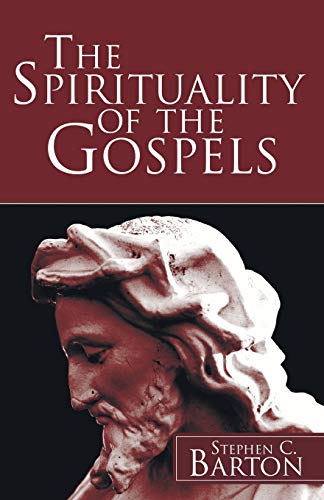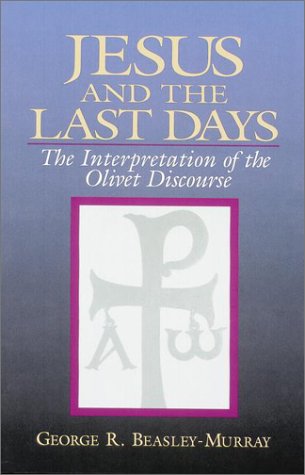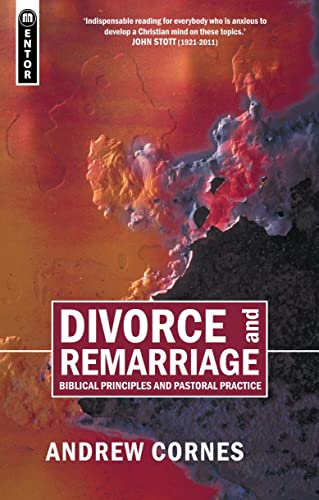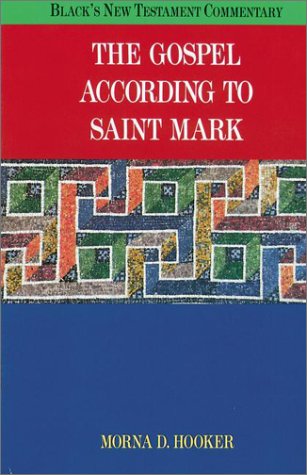The Theme of Recompense in Matthew’s Gospel (JSNT Supplement 79)
Written by Blaine Charette Reviewed By Michael RaiterThis publication of a PhD thesis written while the author was at Tyndale House is an examination of the themes of reward and punishment in Matthew’s Gospel.
The thesis falls into three even parts. Firstly, Charette sets out the OT background to the theme of recompense. He rightly argues that the OT is the most plausible background to the Gospel as a whole and therefore the particular themes of reward and punishment which are the focus of this investigation. Further to this, he argues that Matthew is continuing the story of the OT, showing how Jesus fulfils and advances the OT story. In brief, he argues that Matthew describes reward in terms of ‘inheritance’ and entrance, and punishment in terms of ‘removal’. By an examination of the Abrahamic and Sinaitic covenants he finds the background to these concepts in God’s promises to Israel of a land and then his expulsion of disobedient Israel from the land into exile.
The second section examines Matthew’s teaching on reward. He argues that the model for the new covenant inaugurated with Jesus is the same as that of the old covenants: there is both blessing and curse. Stipulations adhere to the new covenant just as they did to the old. The difference now, of course, is that the categories are no longer physical but spiritual. Given that Matthew is thinking in OT categories then it is to be expected that he would not attempt to establish that he is seeing, for example, eternal reward and punishment in covenantal terms. He would simply assume it. This makes the task of the exegete a difficult one for there is little internal evidence in the Gospel itself that behind Matthew’s words and expressions lies a wealth of OT theology. All the scholar can do is present the plausible OT background and suggest the verbal and conceptual links. This is what Charette has attempted to do.
Finally, Charette examines the judgment texts with special attention given to the themes of fruitlessness, and weeping and gnashing of teeth. Finally, he examines the picture of the Last Judgment in Matthew 25. On the identity of ‘the least of these my brethren’, he argues, rightly I believe, that this phrase refers to disciples.
Charette is on solid ground when he relates Matthew to its OT antecedents. His ground is much shakier when he tries his hand at identifying the community behind Matthew’s Gospel. Surely we must recognize that such a task is so conjectural and tentative that, in the end, it is an exercise in futility. Charette builds his case for the character of the Matthean church on his identification of the ‘world’ with the church in the parable of the weeds (Mt. 13). This goes against Jesus’ own explicit identification of the field as the world. Further, such an identification makes the parable anachronistic in its setting in Jesus’ ministry. Lacking, therefore, a firm exegetical base, the conclusions that Charette draws about the Matthean church remain purely speculative.
The publication of a thesis carries with it all its inherent strengths and weaknesses. On the positive side we are able to engage in the full argument of the book as well as having before us the complete bibliography and footnotes. But inevitably such a publication means that theological and pastoral issues are raised and then left dangling. Such a topic as this one raises important questions regarding the relationship of grace and merit, the relationship between judgment according to works and justification by faith. One is left wanting more.
For all this we are grateful for the availability of a work of conservative scholarship which rightly anchors the first Gospel in its proper harbour: the mind- and thought-world of the OT.
Michael Raiter
Zarephath Bible Institute, Attock City, Pakistan







